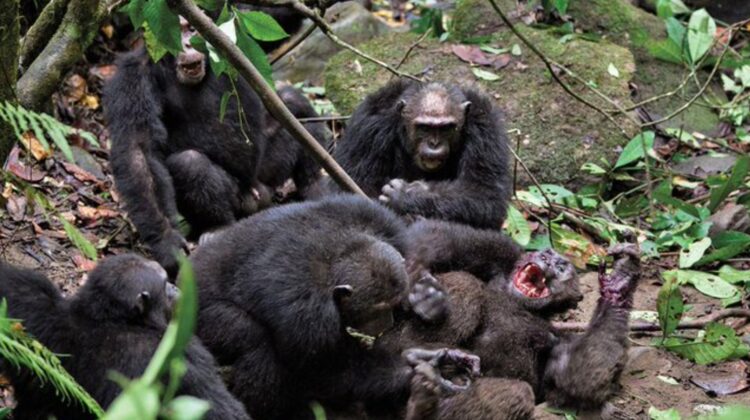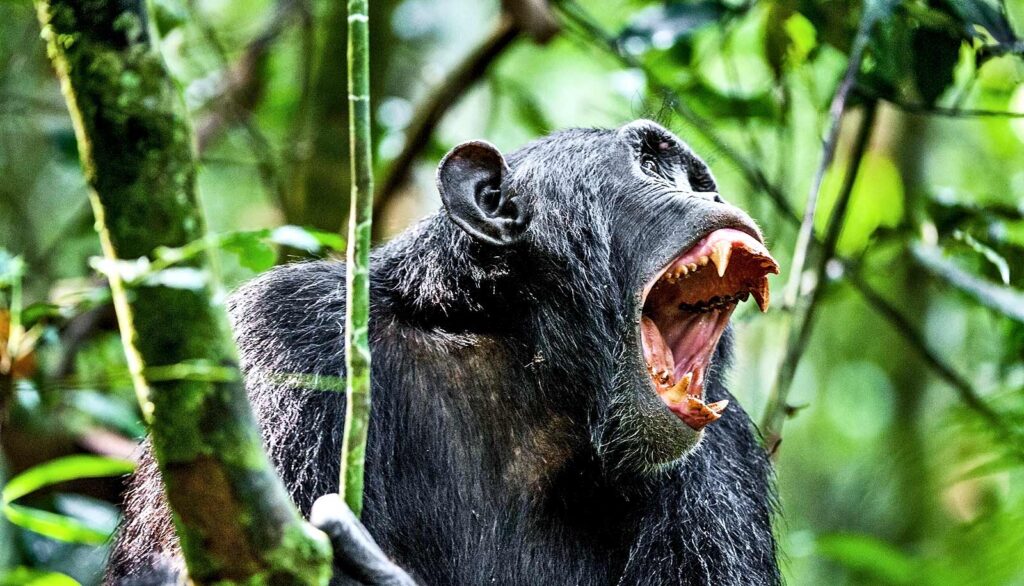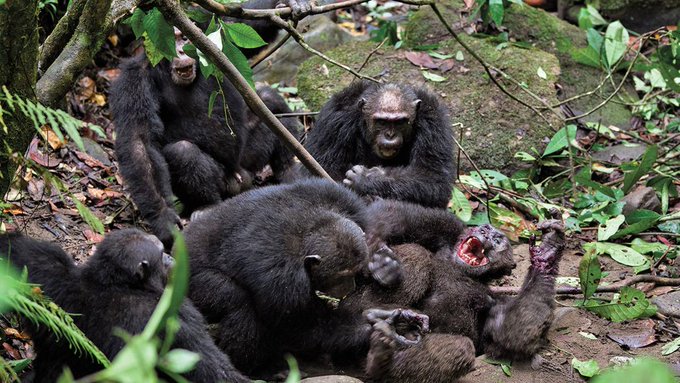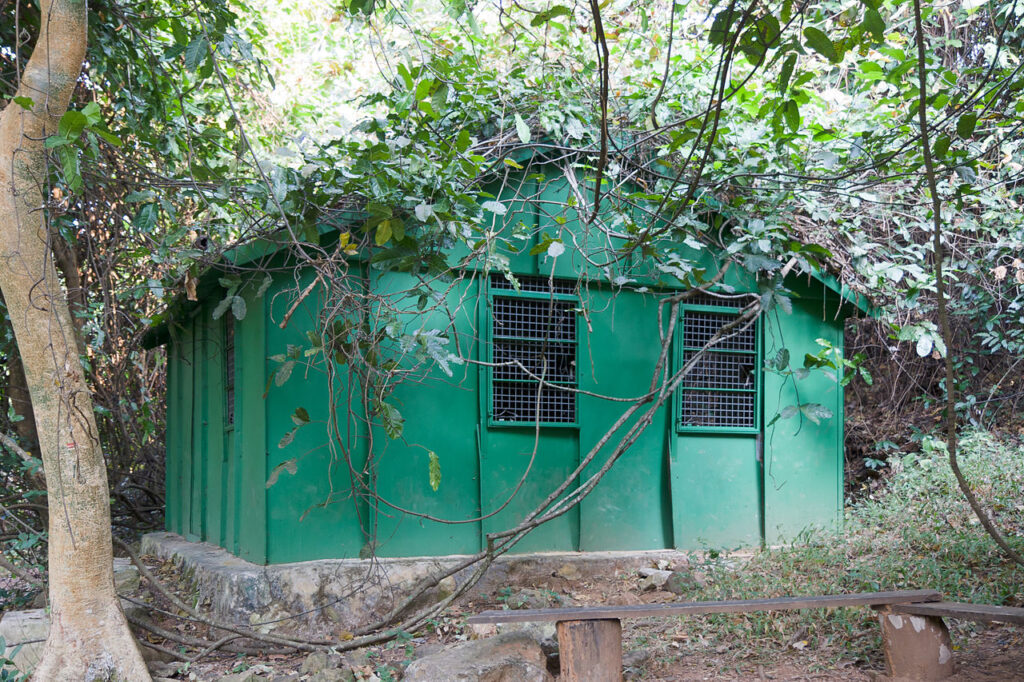
For a long time, it was believed that animals don’t go to war. However, the 4-year war between two communities of chimpanzees in Gombe Stream National Park, Tanzania, challenges this assertion. This war, also known as the Gombe Chimpanzee War, was documented by Jane Goodall, a primatologist who spent decades studying chimpanzees in the wild.

The war began in 1974 when a group of male chimpanzees, led by a chimp named “Leakey,” started attacking and killing members of a neighboring community. The violence was intense and brutal, with chimps using sticks, rocks, and even tearing off limbs in their attacks. The war eventually ended in 1978 when the Leakey-led group emerged victorious and took over the territory of the defeated community.

This war is significant because it challenges the idea that humans are the only species that engage in organized violence. It shows that chimpanzees, our closest living relatives, are also capable of war-like behavior. The war was not just a series of random, isolated incidents of aggression, but rather a coordinated effort by a group of male chimpanzees to take over the territory of a rival community.
The reasons behind the war are still not fully understood, but it is believed that it was a result of competition for resources, such as food and mates. It is also possible that the war was a response to increasing population pressure in the area, which may have led to greater competition for limited resources.

The Gombe Chimpanzee War provides important insights into the behavior of chimpanzees and other primates. It shows that these animals are capable of complex social organization and have the ability to engage in coordinated, violent behavior. This, in turn, raises important questions about the evolution of human warfare and the potential roots of our own violent tendencies.

In conclusion, the Gombe Chimpanzee War is a reminder that the line between humans and animals is not as clear-cut as we once thought. While we may be the only species capable of developing complex technologies and engaging in large-scale warfare, the capacity for violence and organized aggression is not unique to us. The war serves as an important reminder of our shared evolutionary history with other primates, and the need to better understand the behavior of our closest living relatives.

Leave a Reply